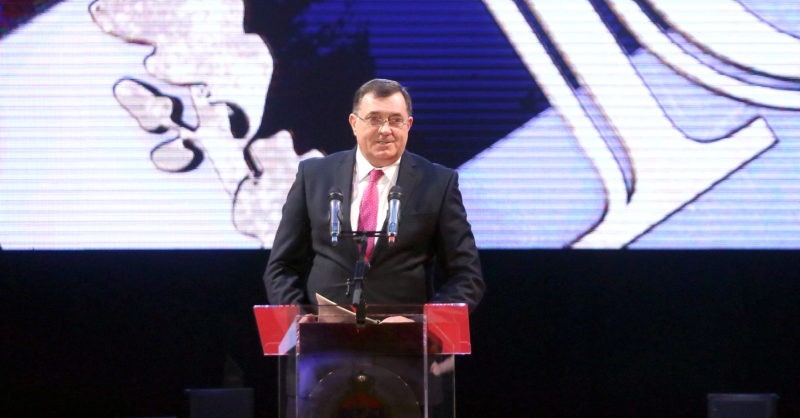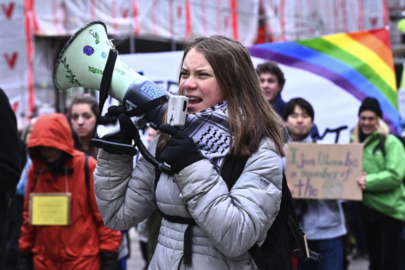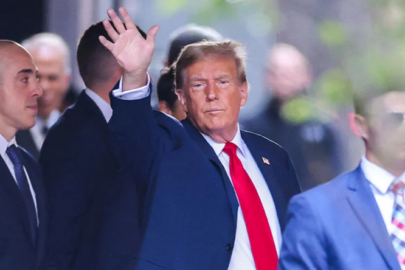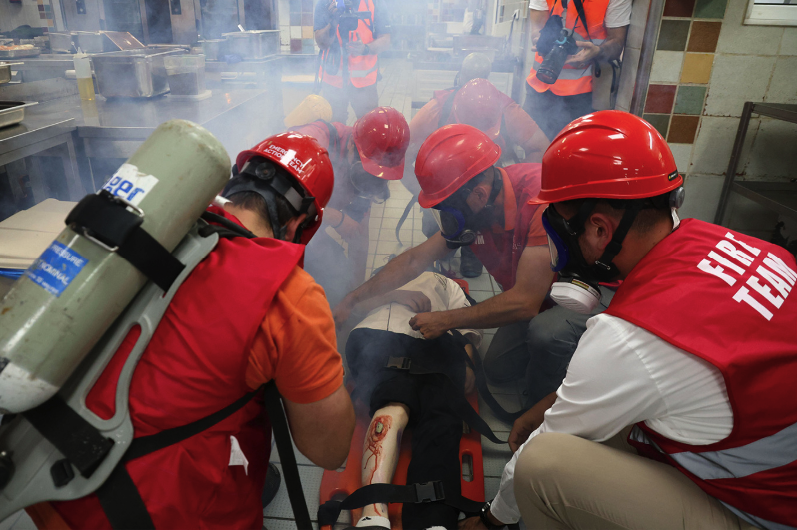The leader of Bosnia’s Serbs said Tuesday that they were moving towards the “highest possible” level of independence, which he said was a legitimate political goal in a country deeply divided since its 1990s war.
Milorad Dodik, president of Republika Srpska (RS), spoke on a controversial holiday for Bosnian Serbs — banned by the country’s constitutional court — to celebrate the anniversary of the creation of the RS entity.
The proclamation of a “Republic of Serb people” in Bosnia took place three months before the 1992-1995 inter-ethnic conflict erupted, eventually claiming 100,000 lives.
“Our goal is the highest possible independence for the RS. We are moving in that direction and that is a legitimate political goal,” Dodik told Serbia’s national RTS television.
Meanwhile, the goal of Bosnian Muslims and “foreigners” is to make Bosnia a highly centralised country, he said.
“But these two concepts are simply incompatible.”
The peace deal that ended Bosnia’s war split the Balkan country into two semi-independent entities — the RS and a Muslim-Croat federation.
The two are linked by weak central institutions.
Dodik said Bosnian Serbs had to fight to “keep our rights”.
In the past Dodik has repeatedly insisted that Bosnia is not a functional country, labelling it a “useless state” and a “failed international project”.
He has also repeatedly threatened to carry out a referendum on independence for the RS.
On Tuesday, Dodik said that he would “found a non-government organisation that will deal with the independence of Republika Srpska” once he is no longer serving a political role.
The RS founders included Radovan Karadzic — sentenced in 2016 by a United Nations’ tribunal to 40 years in jail for genocide and crimes against humanity committed during the war.
Tuesday’s holiday, celebrated with pomp in Banja Luka, the main city in RS, is a major cause of concern among Bosnian Muslims.
In a controversial 2016 referendum, organised by Dodik, an overwhelming majority of Bosnian Serb voters opted to continue to hold the holiday.
Bosnia’s constitutional court had ruled that the holiday was illegal for discriminating against non-Serbs and cancelled the referendum, but Dodik pressed ahead regardless.
The referendum was criticised by the United States and the European Union, but supported by Dodik’s ally Russia.
Source: euractiv.com


































